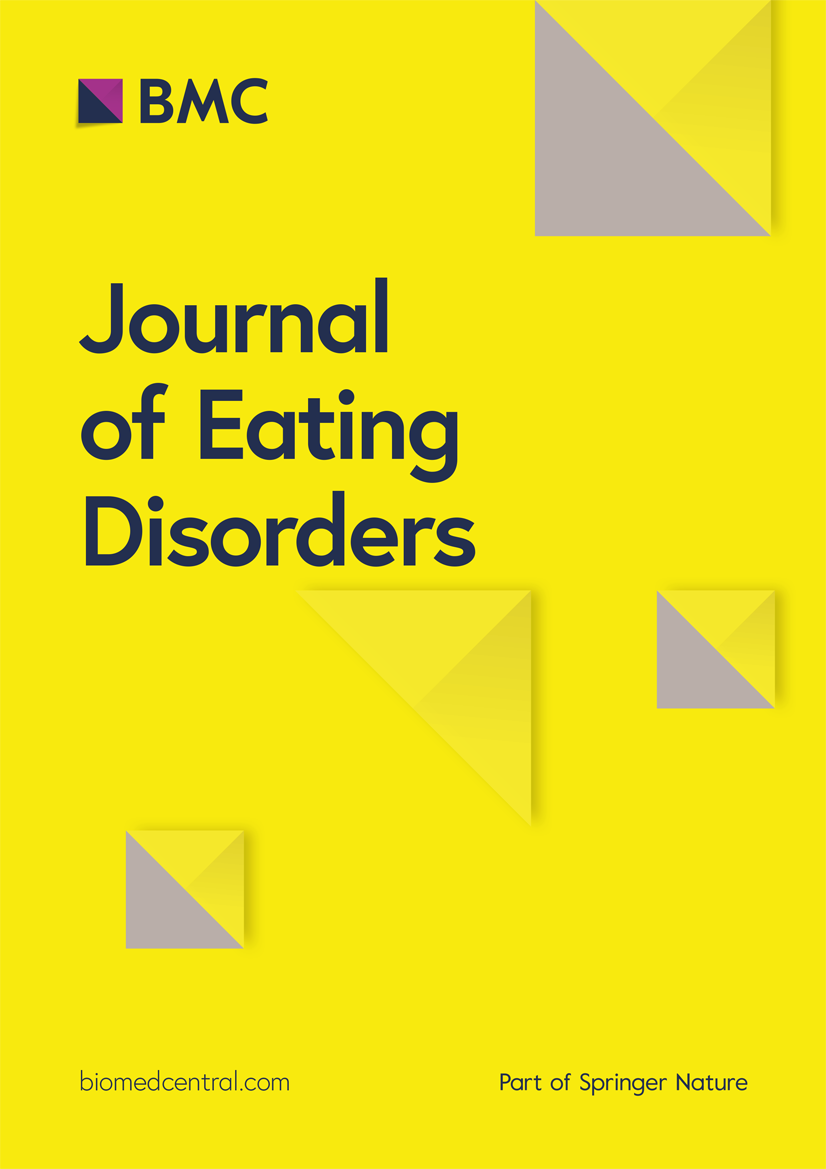Dismantling the myth of “all foods fit” in eating disorder treatment
By Timothy D. Brewerton, Kim Dennis, & David A. Wiss

In our opinion, it is imperative that ED clinicians challenge any all-or-nothing thinking that they may have when it comes to the dogmatic nutritional approaches like “all foods fit” and instead make way for a more nuanced, scientifically sound approach that accounts for the myriad of complex comorbidities that ED patients may present with that may necessitate more fine-tuned nutritional prescriptions.
Subscribe for weekly insights and research exploring the link between nutrition & mental health.
Abstract
We call for a reevaluation of the long-standing dogmatic nutritional principle that “all foods fit” for all cases of eating disorders (EDs) and its corollary, “there are no bad foods” (for anyone ever) during ED treatment. Based on accumulated scientific research, we challenge these ideologies as outdated, confusing, and potentially harmful to many patients. We review the evidence that indicates the folly of these assumptions and show there are a variety of exceptions to these rules, including (1) food allergies, sensitivities, and intolerances, (2) religious and spiritual preferences or doctrines, and (3) the ubiquitous emergence and widespread availability of ultra-processed foods leading to the potential development of addiction-like eating and a higher prevalence of various medical and psychiatric comorbidities, as well as higher mortality. This evidence supports a nutritional psychiatry approach that should be integrated into (rather than dissociated from) ED treatment research and practice.